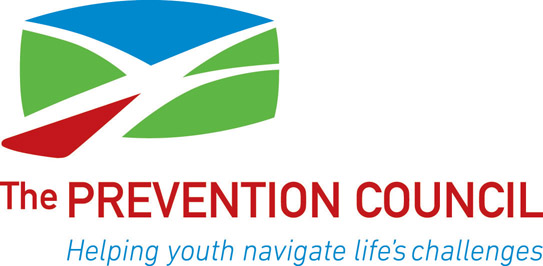Seen in: Times Union
Monday, March 4, 2019
ALBANY — Two Capital Region nonprofits that assist people in recovery from addiction were awarded state funding Friday to establish and expand recovery services in their communities.
Second Chance Opportunities, an Albany nonprofit that helps individuals fresh out of addiction treatment find stable housing and employment, was awarded $350,000 to establish a recovery community center in Albany.
The center will be located at 55 Colvin Ave., where the nonprofit moved its headquarters last November. Co-founder Kellie Roe told the Times Union at the time that she always intended to open a community center in the space, regardless of whether her organization won a state grant, which was awarded through a competitive Request for Applications process.
“The community needs this,” she said. “We’ve been at this too long, we’ve been filling this gap for too long not to give the community this.”
At Second Chance Opportunities, the grant will allow Roe to hire a manager for the community center, a coordinator and a recovery coach.
The Prevention Council of Saratoga County was also awarded funding — $80,000 to expand services at its recovery community center at 125 High Rock Ave. in Saratoga Springs.
The center, known as Healing Springs, hosts mutual aid groups, yoga and meditation classes, and sober social events around the Super Bowl, Labor Day and other holidays. It also provides family support navigators to those who are wondering how to assist loved ones through recovery.
New York has pushed for the creation of recovery community centers in recent years, as the state battles an overdose epidemic and a growing number of people seeking treatment for drug addiction.
The state Office of Alcoholism and Substance Abuse Services announced Friday more than $5.1 million in funding to establish 14 new recovery community centers across the state, and expand services at two existing recovery centers.
The centers promote long-term recovery by providing professional staff, peers and volunteers to engage and support people in recovery. Services include peer support, skill building, recreation, wellness education, employment readiness and sober social activities.
